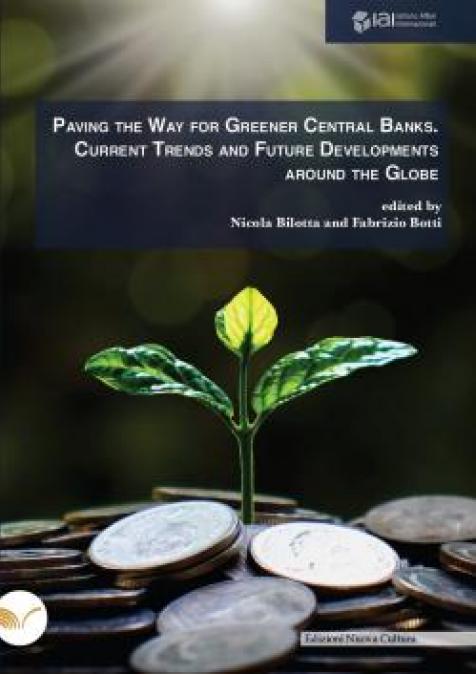Podcasts
Financing the Future: The Role of a Global Green Bank in Sustainable Development
Related topics:
In this episode with Dr. Hafez Ghanem, Senior Fellow at the Policy Center for the New South, we discuss the establishment of a Global Green Bank, differentiating it from traditional financial entities with a focus on sustainability. Dr. Ghanem outlines the bank's purpose, stakeholders' roles, and their alignment with sustainability. He highlights the bank's priority projects and innovative financing mechanisms, addressing the challenges and risks of such an initiative. The discussion also covers the bank's role in supporting developing countries and ensuring fair access to funding. Lastly, Dr. Ghanem presents examples of successful green finance initiatives globally, illustrating the potential impact of green banking.









